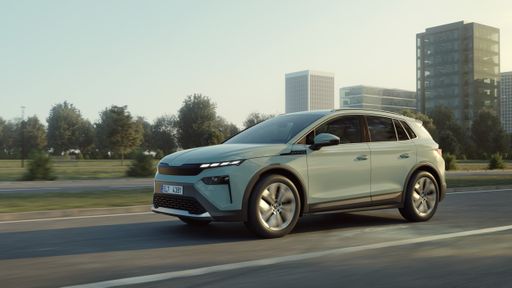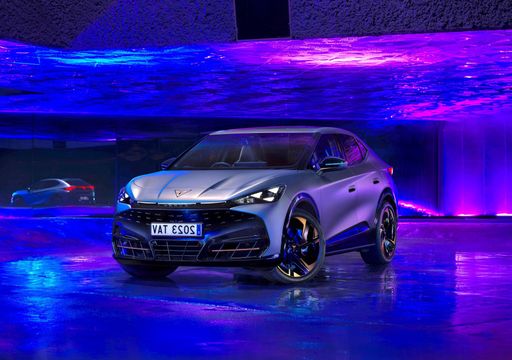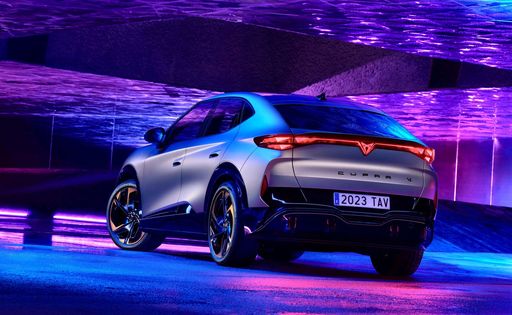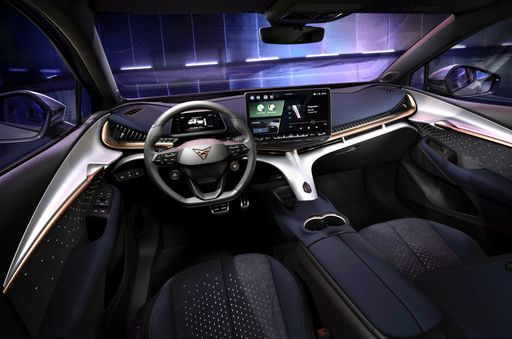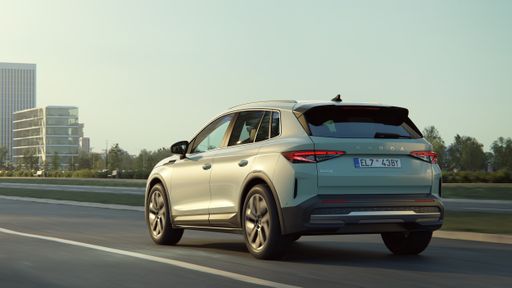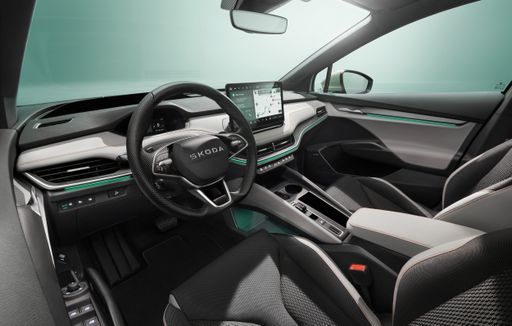Electrifying Comparisons: CUPRA Tavascan vs Skoda Elroq
The automotive landscape is rapidly evolving with the introduction of electric vehicles (EVs) shaping the future of mobility. Among the exciting contenders in this space are the CUPRA Tavascan and the Skoda Elroq, both SUVs that showcase advanced engineering and environmental responsibility. In this comparison, we’ll dive deep into their specifications, performance capabilities, and innovative features to see how they stack up against each other.

